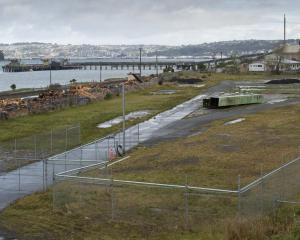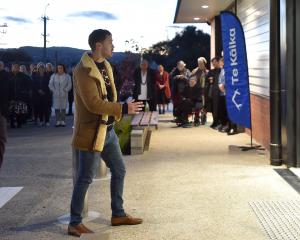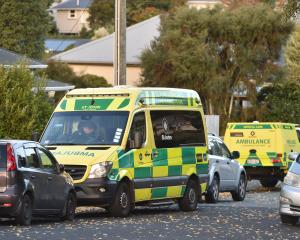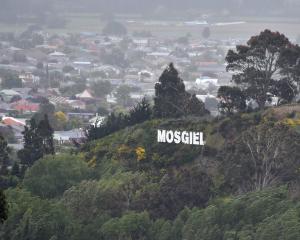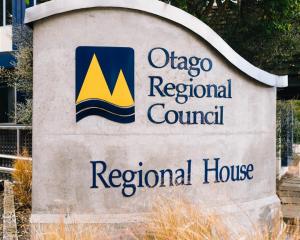Prof Tannock, a leading authority on gastrointestinal micro-organisms, was one of two researchers nationally to be awarded the fellowship this year.
Prof James Noble, of Victoria University, Wellington, was the other.
The Royal Society-administered fellowship allows Prof Tannock to concentrate fully on his research for two years, and provides $100,000 plus GST each year, and up to $10,000 in expenses.
Prof Tannock was delighted to gain the fellowship, which provided ''great recognition''.
The funding would support an ''exciting'' research area and a project titled ''A path to understanding bowel bacteria'', he said.
There was growing evidence the composition of bacterial communities in human digestive tracts could have ''important implications'' for many aspects of our health, including ''optimal child nutrition and development, obesity, and inflammatory bowel diseases''.
''It's really important we know about the bacteria in the gut'' and to more fully understand ''what's going on'' involving the communities of bacteria.
Some laboratory study of gut microorganisms would be undertaken to ''determine the nutritional drivers of microbiota composition and function, especially with respect to the little-studied bacterial family Lachnospiraceae''.
The basic science generated by this approach could ultimately prove helpful in the ''development of foods and prophylactic supplements that would contribute to sustaining life-long health''.
And he planned to write a small book, outlining a conceptual framework to aid in the better understanding of gut bacterial communities and their ecology.
In an interview he said much more understanding was needed about how bacterial communities were operating and their overall ecology.
Deeper understanding could help in several fields, including in better managing patients at risk of developing certain inflammatory conditions.
The human bowel contains trillions of bacterial cells belonging to hundreds of species that form self-regulating communities known as the microbiota.
These can transform digestion-resistant carbohydrates and other polymers present in food being digested.



